LSA Proposes Legislative Changes To Combat Squatting
Squatting remains a major issue in Trinidad and Tobago. This was disclosed by the Chief Executive Officer at the Land Settlement Agency, Hazar Hosein, during a Public Accounts Committee Meeting of the Parliament on Wednesday. Squatting has been on the radar since the 1998 State Land Regularisation of Tenure Act, which invited applications for regularisation. Despite about 23,000 applications for Certificates of Comfort, today, the estimated number of squatting families has more than doubled. Mr. Hosein said one of the weaknesses of the LSA has been a lack of containment legislation to deal with further squatting. The Agency submitted its recommendations for amendments to the legislation in 2017. "As of this date, we probably have in the vicinity of 60,000 families who are now squatting. With respect to the legislation, in 2014, there was a cabinet decision with respect to, based on recommendations to change the legislation and to amend certain features of the legislation, both in terms of the State Land Act and the State Land Regularisation of Tenure Act. And an ad hoc committee was formed to look at that. And in 2017, the recommendations were made. And as we reliably inform us before the LRC and as of as late as two months ago, there was a sitting of the LRC to consider this." The proposed changes include redefining State Land boundaries, delegating more authority to the Land Settlement Agency, and transitioning from criminal to civil penalties for squatting. "Another significant change would be the review of the offences to deal with squatting. Right now, squatting is treated as a criminal act. The offences are very minimal. What we have suggested is that squatting be treated as a civil offence, and there be fines for different levels of squatting. For the first time, repeat offenders, et cetera. And we have suggested fines for that." Last on their list of recommendations is empowering the LSA through the Act, with the authority to conduct containment activities. The legislation is currently before the LSA Legislative Review Committee. The issue was first raised in 2008 to 2009 to a Public Accounts Committee.
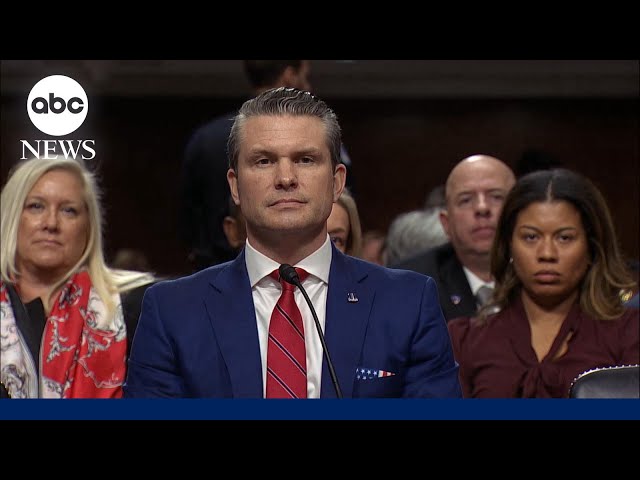
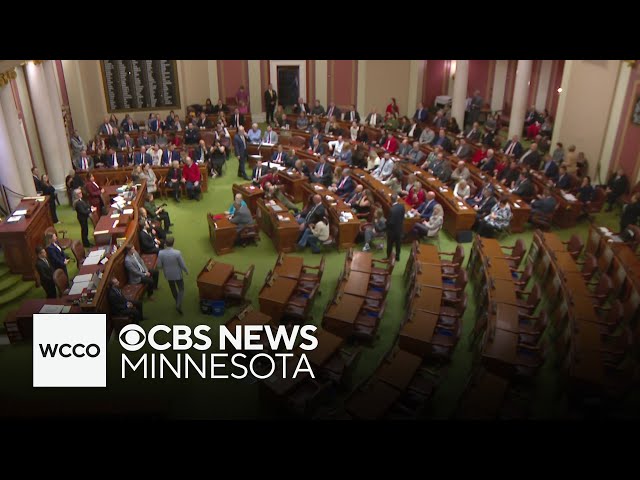
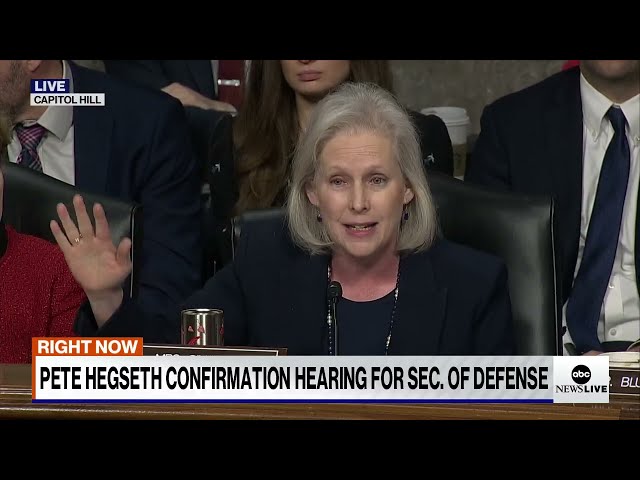
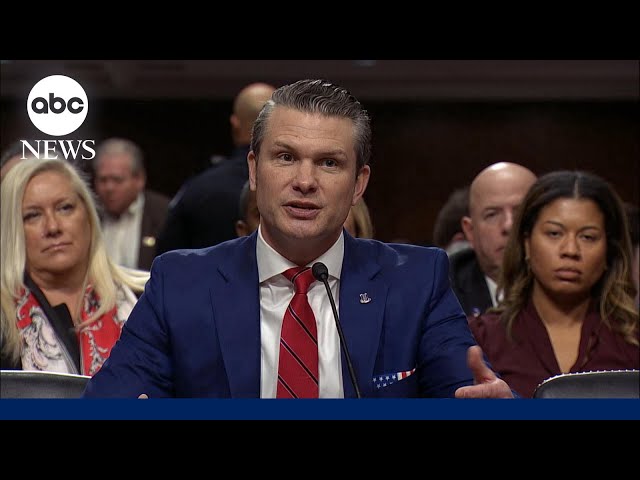







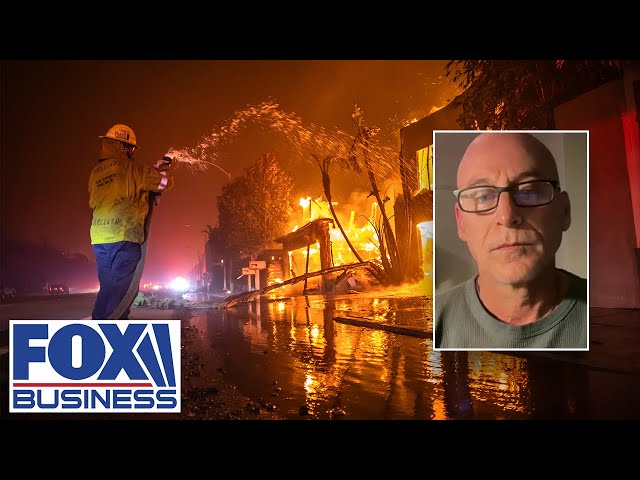
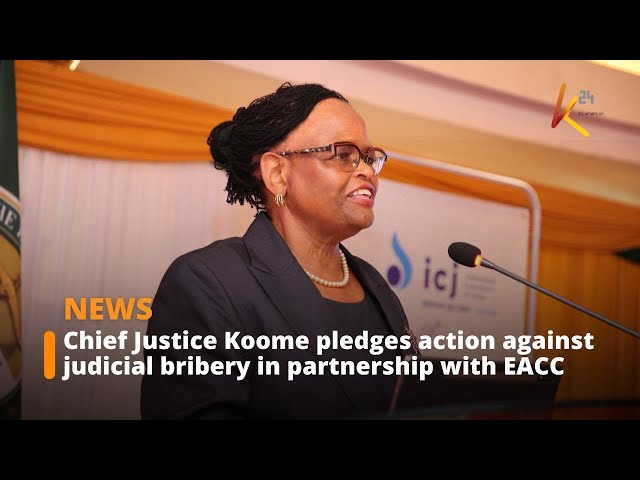

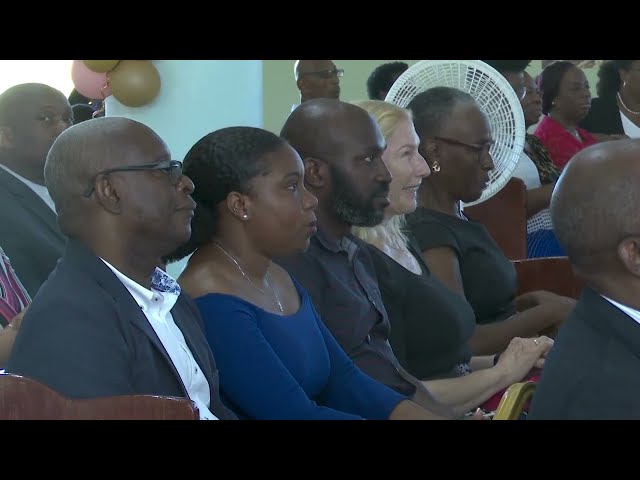
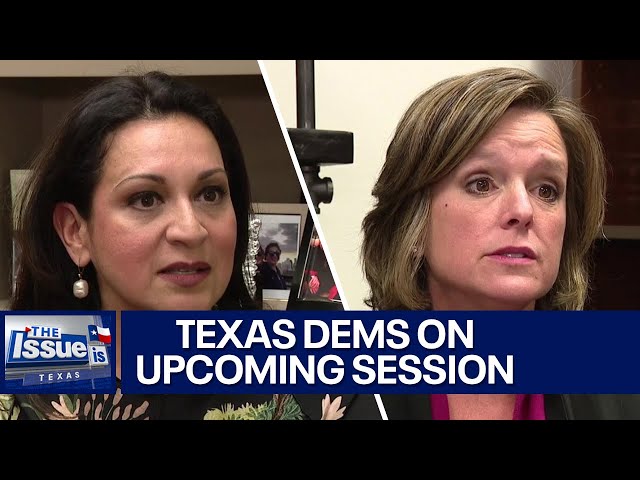
![[LIVE ARENE NATIONALE] COMBAT GRIS BORDEAUX VS ZARCO](https://info.replay.gp/upload/2025/01/12/18/youtube_UKnxnYev89Y.jpg)
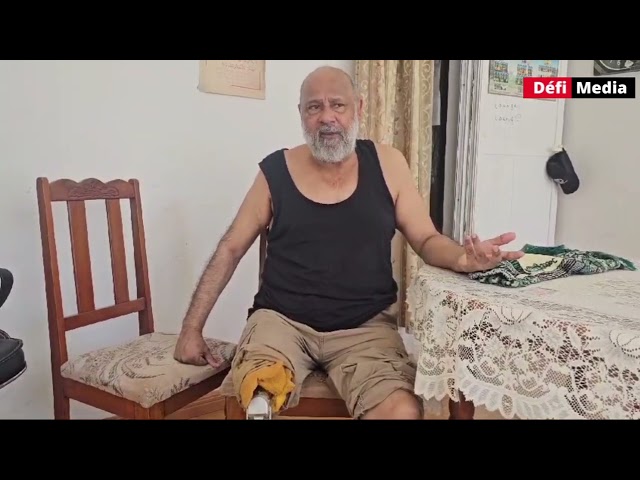
![[LIVE] Aréne Nationale veille combat Gris Bordeaux vs Zarco](https://info.replay.gp/upload/2025/01/12/01/youtube_95Z64V_qP0M.jpg)

